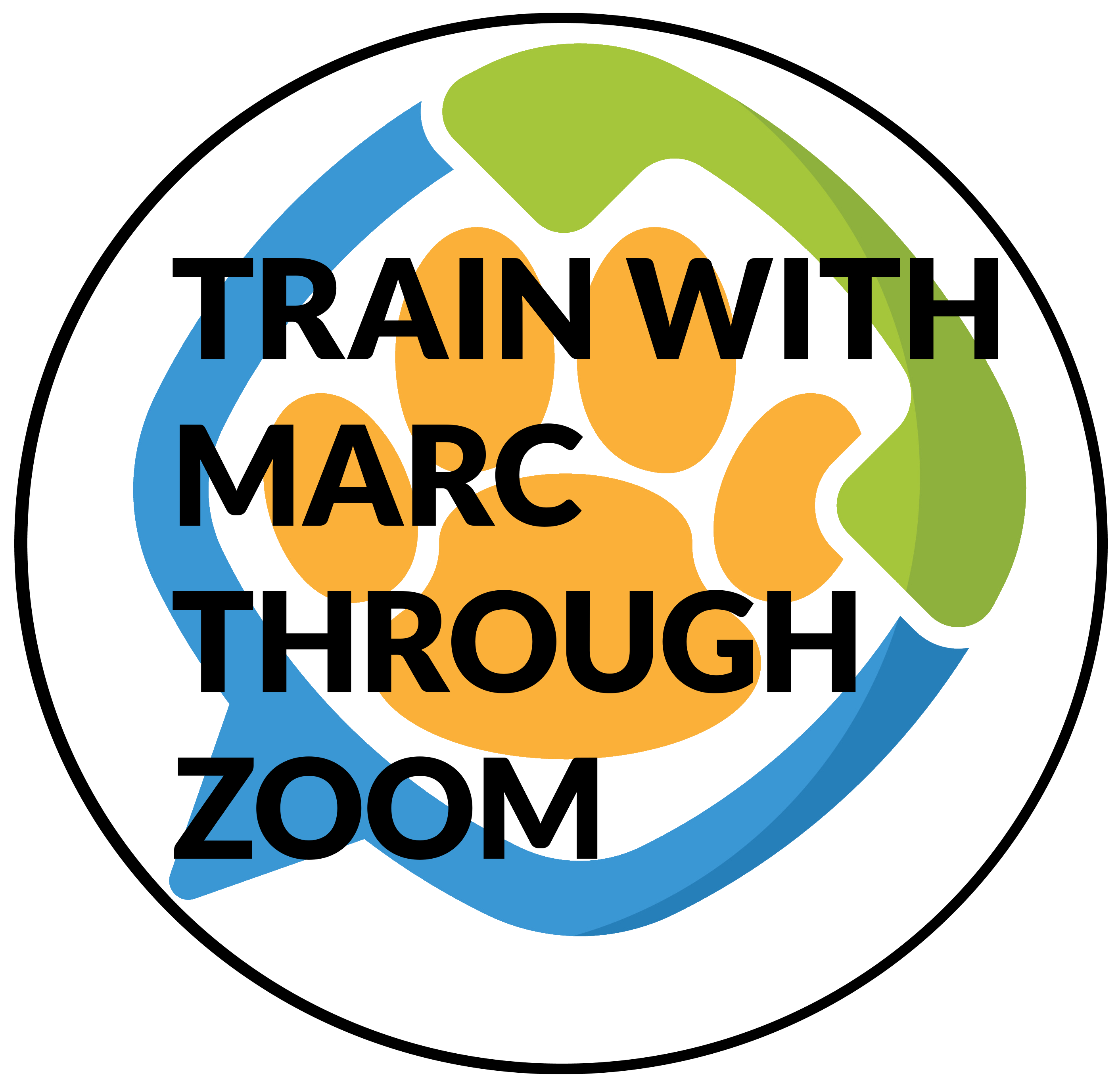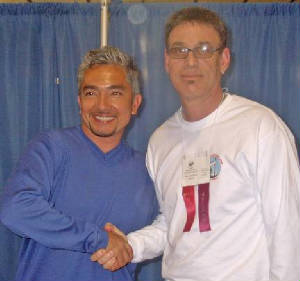Your local dog park can be a great place for your dog to socialize and get some off leash exercise. But not all dog parks, and not all dogs, are the right fit. A disastrous dog park trip can lead to injury, stress, and lingering anxiety. In preparation to visit a dog park, consider the parks around you and whether or not your dog is ready.
Consider Your Dog
Your dog should be healthy and trained to get the most out of the dog park. Make sure your dog has all of the following before socializing off leash:
- Vaccinated - Your dog should be vaccinated against rabies, bordetella, canine influenza, ticks, fleas, and heartworm. Puppies under 4 months of age are not fully vaccinated and should not go to dog parks.
- Spayed or Neutered - To avoid any unwanted puppies, wait until your dog has been fixed. If you do go to a dog park before the procedure with a female dog, make sure she is not in heat.
- Socialized - Your dog should be comfortable around other dogs. A dog park is not the best place to begin socialization with a young dog as it can be overwhelming and owners have less control over off leash interactions.
- Knows Basic Obedience - A dog that knows sit, stay, and recall will be easier to manage at the dog park. Training your dog to stop playing on your command is also helpful in getting our dog out of overactive situations.
If your dog shows aggression, whether towards other dogs or people out of fear, resource guarding, or some other cause, they are not a good fit for the dog park. Be honest with yourself about this, as an aggressive dog can be a danger for others at the park and can get injured themselves.
Consider the Dog Park
Before you let your dog run free at your chosen park, do some research beforehand. This can involve checking out a website if it’s a municipal park, reading reviews, or going by the park without your dog to scope it out. A dog park should be:
- Clean - Dog poop and trash can spread diseases. If your local dog park is not kept clean, avoid it.
- Fenced - A dog park should be completely enclosed with a fence high enough to prevent jumping over it. Check for any holes or tears in the fence. Double gated entrances are the safest to keep a dog from escaping.
- Not Too Crowded - Too many dogs leads to more debris and stress, especially for a first time visitor. Going during off peak hours can mean fewer dogs in the park.
You also want to examine how the dog owners are acting at the park. They should be paying attention to their pets, and stepping in to remove their dog if play gets out of hand. Dogs permitted to run uncontrolled put your pup at risk.
When You Go to the Park
When you are ready to go to the dog park, go slowly for your dog’s first time and pay attention to his cues. A stressed dog should be removed quickly. Even if your dog is having a good time, leave while he is still excited and energetic. The entire time you are there, keep your dog supervised and intervene quickly if you recognize a problem.
Since dog parks aren’t the right activity for all dogs, don’t be discouraged if it doesn’t work out. You can try dog playdates with a friend, walks around the neighborhood, a structured obedience class, or dog agility to give your dog the exercise and socialization he needs.





